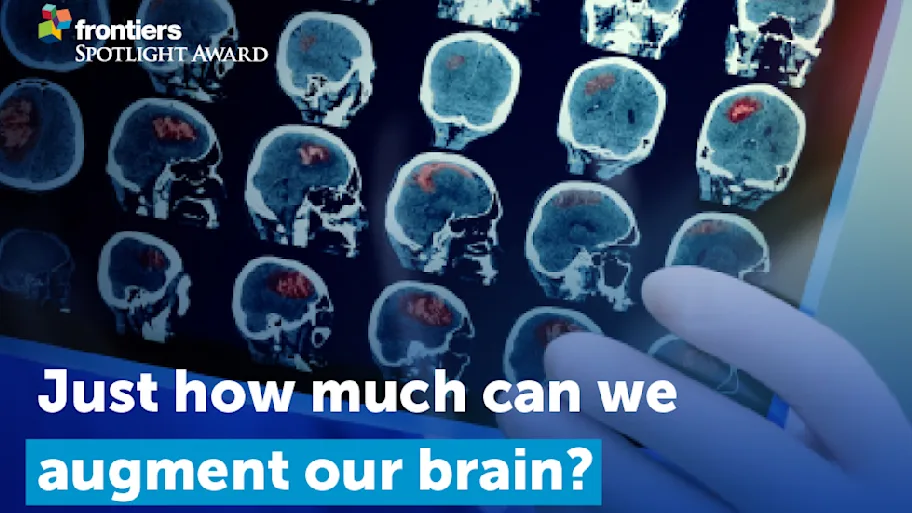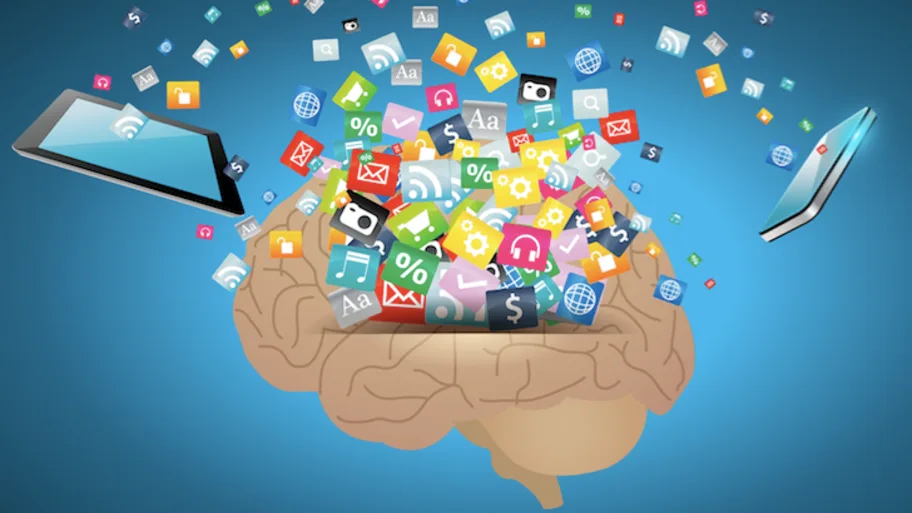
- Science news
- Young Minds
- Dr. Marian Diamond – My Love Affair with the Brain
Dr. Marian Diamond – My Love Affair with the Brain

1986 – Berkeley, California, United States: Marian Diamond professor of anatomy and an expert on the brain, taking a close look at a rat brain. Marian Cleeves Diamond, Ph.D. (born November 11, 1926) is a professor of anatomy at the University of California, Berkeley who has published research into the neuroanatomy of the forebrain, notably the discovery of the impact of the environment on brain development, the differences between the cerebral cortex of male and female rats, and the likely link between positive thinking and immune health. (Eric Luse/San Francisco Chronicle/Polaris) ///
(Eric Luse/San Francisco Chronicle/Polaris)
Would you like a healthier, happier, better brain? Well … how about if a famous brain scientist, who had been rated as the second most popular teacher on the entire internet; came to your screen and spent an hour with you letting you know how the brain works? Meet Dr. Marian Diamond and prepare to be amazed. Click here to watch this award winning documentary, presented as a special benefit to readers of Frontiers for Young Minds.
Would you like a healthier, happier, better brain?
Well … how about if a famous brain scientist, who had been rated as the second most popular teacher on the entire internet; came to your screen and spent an hour with you letting you know how the brain works, what you can do to have a better brain … along with great stories like the time she studied Einstein’s brain, possibly the greatest brain of all time.
If that sounds good to you, follow this special link for readers of Frontiers For Young Minds!
“My Love Affair with the Brain: The Life and Science of Dr. Marian Diamond”

Meet Dr. Marian Diamond and prepare to be amazed!
Of course, our brains are amazing even when Dr. Marian Diamond is not around. Plus, Dr. Diamond herself is charming and fun and passionate about learning, teaching, and the brain. But the reason you will be amazed is – if you are like most people – you will feel your own passion for learning and for the brain rise in you as you watch the film. For many, as you learn more about your own brain, it feels a like new approach to your whole life.
Now that is a very big claim, so you will have to evaluate for yourself if it holds true for you. But what can be guaranteed is that this film offers a lot of interesting, in-depth science – about the brain and beyond, starting with a journey into Dr. Diamond’s research and scientific breakthroughs.
"You get to see how the scientific method really works, including the difficulties, the controversies, and … at least in her case … the joy of discovering things that change the world and improve all of our lives." - Dr. Marian Diamond

Some highlights of Marian Diamond's career in science
• She was one of the founders of modern neuroscience. Her pioneering research preceded the very term “neuroscience” and set the foundation for many thousands of investigations since.
• Breakthrough studies of brain plasticity. Her research was the first ever to find hard evidence of plasticity, (plasticity means that your brain changes because of what you do with it, such as your actions, interests, and environment; as opposed to the old idea that brains are determined at birth by your genetics). This is a concept we now take for granted, but it was controversial then - a scientific battleground where Dr. Diamond decisively challenged the old view of the brain with never-before-seen evidence of plasticity in a brain, forever changing our understanding of the brain … and ourselves.
• Enrichment and the brain: she was a pioneer in studying and explaining how we change our brains, what are the factors that enrich our brains, the specifics of brain plasticity that we can use to improve or harm our own brains.
• First study of Albert Einstein’s brain – another breakthrough piece of research, which fueled what came to be called “the glial revolution”, a renewed appreciation of glial cells, the 80% of the brain that, previously, was said ‘to do nothing.’
• 4.6 million views of her YouTube Anatomy lectures, making it the 2nd most popular college course in the world, and inspiring the NY Times to call her “one of the tweedy celebrities of cyberspace.”
• Breakthrough as a woman in science: Her groundbreaking achievements were all the more remarkable as they were at a time when so few women entered science at all. Shouted at from the back of the conference hall by male academics as she presented her research, Dr. Diamond simply did the work and followed where her curiosity led her, bringing about a paradigm shift (or two) in the process.
• Asking great questions As she so rightly points out, in order to get answers that matter, you have to ask the right questions.

Dr. Marian Diamond and her favorite brain-in-a-hatbox that she carried everywhere.From the film “My Love Affair with the Brain: The Life and Science of Dr. Marian Diamond.”
A film worth watching – 5 years in the making
Part biography, part scientific adventure story, part inspirational tale; this film is especially worthwhile for readers of Frontiers for Young Minds. For example, it has the word “love” in the title. Not many science films dare to do that. But it makes sense that a film about a person so charming would also be interesting and engaging as well.
The film follows Dr. Diamond over 5 years when she is at the end of a 60+ year career as scientist and teacher, reflecting on her over 60,000 students taught face to face. We get to feel what it means to spend a lifetime in science – which is a long, long time – which can inspire any of us to think more deeply about the possibility of anyone devoting a lifetime to whatever we are passionately curious about.
The film was first broadcast in the United States on PBS and was nominated for an Emmy Award. It won many other awards, including best science documentary of the year in France and Spain.
Included on the website along with the film is a study guide for teachers and parents, with many good questions and activities to encourage deeper understanding and engagement.

Partnership with Frontiers for Young Minds
Luna Productions and the film makers are making the documentary available for free in partnership with Frontiers for Young Minds in response to this special time when so many of us need distance learning. But also, education was very important to Dr. Diamond. She did not practice science just to be in a laboratory. Her work was both in the lab and in the world – spreading knowledge about the brain that empowers each one of us.
We hope you feel that empowerment yourself when you watch!
Do you know the story of another forgotten scientist that should be heard? Email us with your idea at kids@frontiersin.org!






